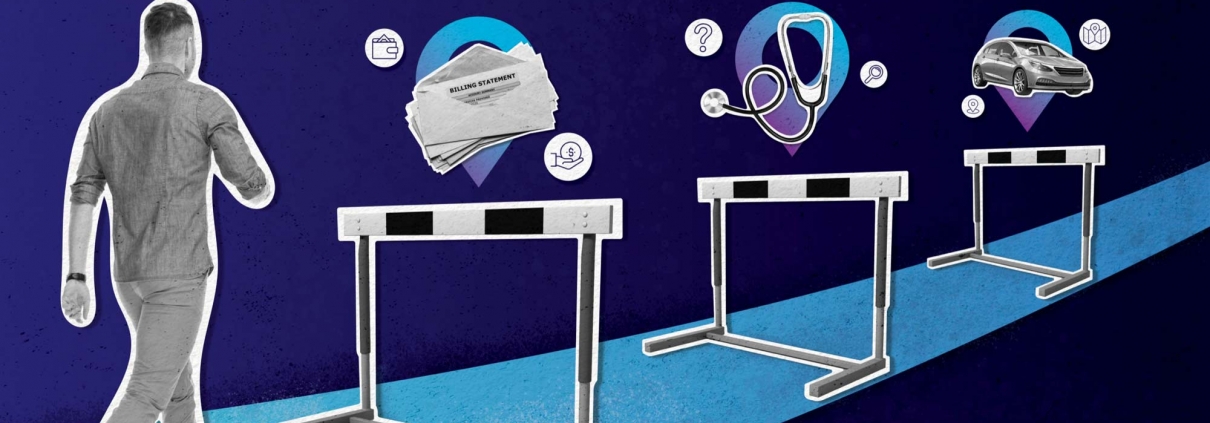3. Do you have any questions about why I’m prescribing this medication?
Perceived and actual severity are very different things. Patients may not understand why they’re being prescribed a medication that doesn’t match their perceived severity versus the clinical severity that an HCP noted. It’s extremely important that patients understand their symptoms on a clinical scale to understand their HCP’s rationale and hopefully be adherent to their treatment plan.
4. Has there been anything challenging about this treatment plan, from scheduling to side effects?
Many patients with chronic conditions, like asthma, are prescribed combination therapy, in which they take more than one medication. Keeping track of multiple medications might be challenging. If it’s known that a person living with diabetes has a busy schedule, it may be worth discussing once-weekly insulin injections for type 2 diabetes.
With longer-term HCP relationships, it’s important to have open and honest communication. People with chronic conditions may feel embarrassed about nonadherence or general difficulty in managing their treatment plan. But a healthy patient-doctor relationship can help address adherence without possible embarrassment. If a patient isn’t doing well on a current treatment plan, it’s more beneficial if they can advocate for themselves without fear of judgment.
5. Do you have any questions? I have time.
Patients may feel rushed in their HCP appointments. Budgeting time in each appointment for open-ended questions may allow for patients to bring up feedback, both positive and negative, that can allow for a more curated treatment plan. In addition, these open-ended questions could provide patients with the space to share information that might be more adjacent to their health, like beliefs about medication, allowing HCPs to make deeply informed treatment decisions and share more information as needed.
A concern that patients might be hesitant to bring up is the cost of medication. Allowing time at the end of an open dialogue might encourage conversation around finances, from working with insurance or patient assistance programs. If possible, an HCP provider will work within a patient’s financial limits in order to provide affordable and sustainable care.
Final Thoughts on Improving Adherence
Adhering to treatment plans for patients with chronic illnesses can be understandably challenging. Up to 50% of patients who are prescribed medications for chronic conditions, like diabetes or hypertension, have issues with compliance. Nonadherence can have significant implications, with disease-specific meta-analyses showing an increased risk of complications and death in patients. For example, individuals with cystic fibrosis that have trouble with adherence may develop distal intestinal obstruction syndrome (DIOS), in which the small intestine gets blocked.
It’s important to remember that patients aren’t “failing” when they don’t optimally follow their treatment plan. Health Union’s research found that care, compassion, and communication had the potential to lead to a better HCP relationship, and possibly treatment plan. While factors like safety, efficacy, tolerability and cost are hugely important for both patients and HCPs, it’s incredibly important to remember that the patient voice is paramount in creating an optimal treatment plan. It’s up to both parties to create an environment in which their voices can be heard.




